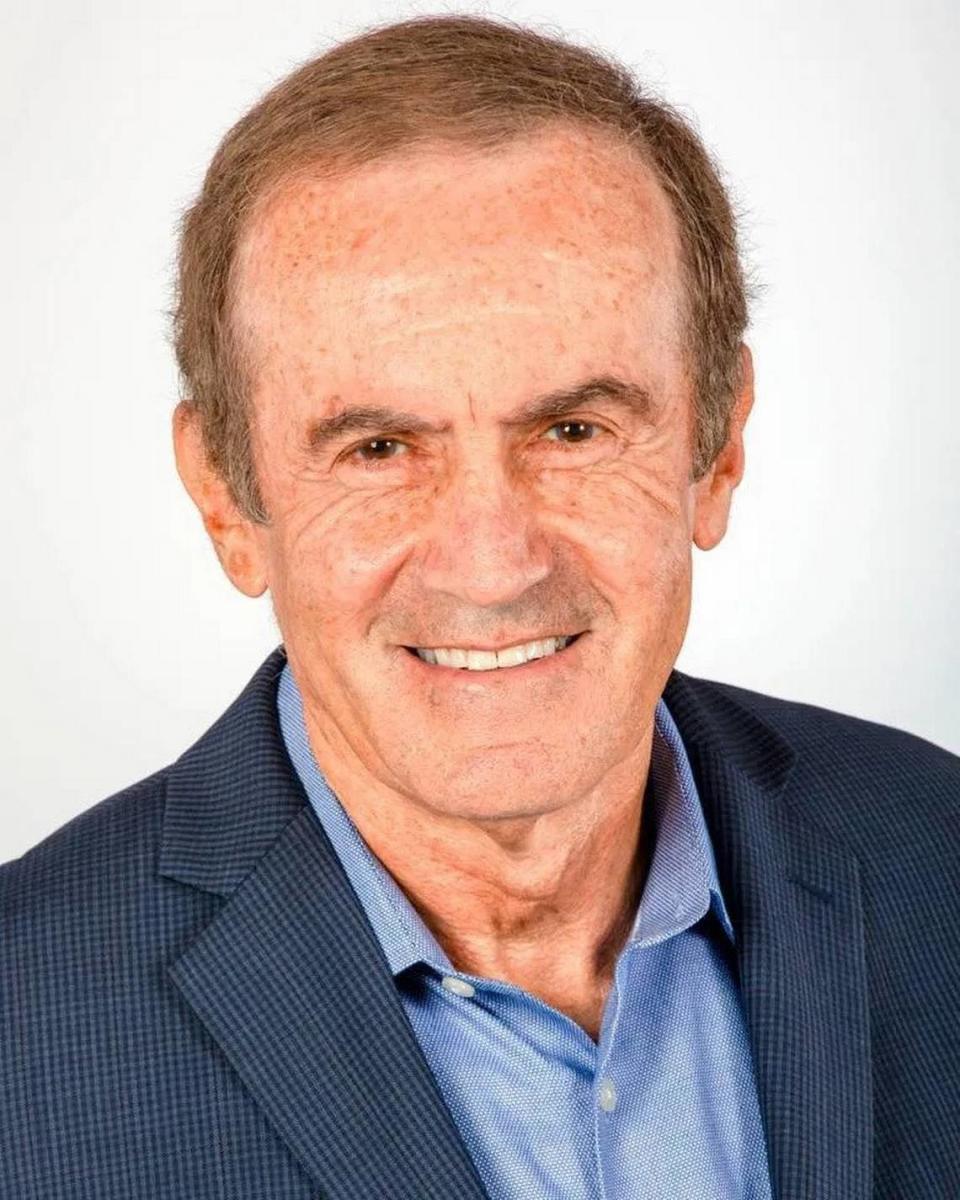The danger is not that Colombia will become another Venezuela, but another Mexico | Opinion
- Oops!Something went wrong.Please try again later.
- Oops!Something went wrong.Please try again later.
- Oops!Something went wrong.Please try again later.
When I asked Colombia’s center-right President Ivan Duque whether Colombia runs the risk of becoming a new Venezuela after his successor Gustavo Petro — a former leftist guerrilla — takes office on Aug. 7, the outgoing leader dodged the question three times in a row.
Duque, who was in Miami for a conference last week, told me in an interview that Colombia, under Petro, will need “four certainties” to avoid turning into an economic and political disaster like Venezuela.
First one, he said, Petro will have to fulfill his campaign promise to not change Colombia’s constitution to stay in power beyond his four-year term.
Second, Petro must respect the independence of the legislative and judicial branches of government.
Third, he said, Petro must respect economic freedoms and keep his promise not to confiscate private enterprises.
And fourth, Petro cannot use his presidential powers to intimidate or co-opt the free press.
“As long as these four principles are maintained, neither Colombia nor any other country will become a second Venezuela,” Duque told me.
OK, but what does he think will happen in Colombia, I asked him. What’s his hunch after having met in private with Petro for more than an hour on June 23, when they got together to prepare for the transition?
“What he said during the campaign and what he promised to do was that he would govern for four years, and that’s what must happen,” Duque told me.
“If he does that, he will be meeting his word. The Colombian people took a decision which must be respected, but what’s most important is that the constitution be respected, and that the rules of the game, democracy, not be overturned,” he added.
Asked about Petro’s promise to restore diplomatic ties with Venezuela, and whether he thinks Petro has changed his mind since the days when he was sympathetic to the Venezuelan regime, Duque told me, “No, I haven’t really noticed any change in his positions.”
Petro “has always been a defender of Hugo Chavez’s model, and he has also been close to (current Venezuelan President) Nicolas Maduro, which means that any steps to get closer to him will simply validate his consistency,” Duque said.
To be fair, Petro distanced himself from Maduro during the campaign, and has not invited him to his inauguration. Petro says he will reopen diplomatic ties with Venezuela mainly for humanitarian and economic reasons. Venezuela used to be one of Colombia’s biggest export markets.
But Duque stressed that, “Maduro is a criminal who is being investigated by the International Criminal Court. He is a brutal dictator. Now, if they are going to have relations with him, I think the first thing they should do is ask him to deliver the [Colombian] terrorists that [Maduro] has protected in his territory.”
Duque wouldn’t explicitly say whether Colombia is at risk of becoming a new Venezuela, but here’s my guess: Colombia will not become a second Venezuela. Rather, I fear that it will become a second Mexico.
Colombia is not awash in money, as Venezuela was when Chavez started his disastrous regime. And Petro is facing a wave of capital flight even before taking office: Since his election, Colombians have rushed to buy U.S. dollars and apartments in Miami. He can’t afford radical measures that would trigger an even larger stampede of capital.
Petro is more likely to follow the steps of Mexico’s populist President Andres Manuel Lopez Obrador, who is giving away massive cash subsidies to the poor to consolidate his party’s hold on power for years to come, at the expense of investing in quality education, health, innovation and industries of the future.
Unfortunately, while Lopez Obrador’s giveaways have made him quite popular, they haven’t helped reduce poverty. On the contrary, poverty in Mexico rose by 3.8 million people — 44% of the population in the first two years of Lopez Obrador’s term, according to Mexico’s official CONEVAL statistics office.
Judging from Petro’s cabinet appointments so far, and from his seeming lack of enthusiasm for policies that would encourage investments, I’m afraid he will not bring about a Venezuelan-style economic collapse, but a Mexican-style economic paralysis.
Don’t miss the “Oppenheimer Presenta” TV show on Sundays at 7 pm E.T. on CNN en Español. Twitter: @oppenheimera


